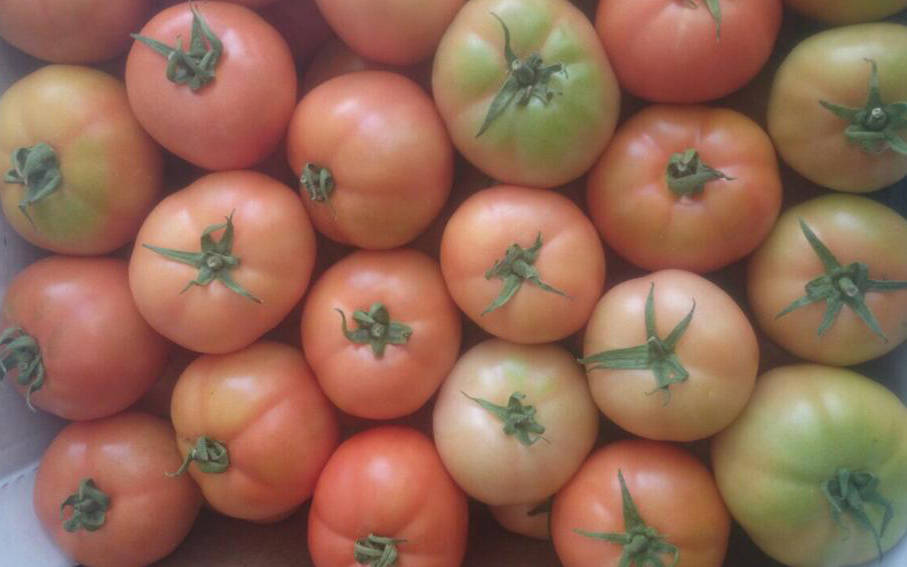


Fast facts on tomatoes
- Including tomatoes in the diet can help protect against cancer, maintain healthy blood pressure, and reduce blood glucose in people with diabetes.
- Tomatoes contain key carotenoids such as lutein and lycopene. These can protect the eye against light-induced damage.
- Eat more tomatoes by adding them to wraps or sandwiches, sauces, or salsas. Alternatively, eat them cooked or stewed, as these preparation methods can boost the availability of key nutrients.
- Tomatoes are in the top ten fruits and vegetables for containing levels of pesticide residue. Wash tomatoes before eating.
Benefits
Tomatoes are an intensely nutritious plant food.
The benefits of consuming different types of fruit and vegetable are impressive, and tomatoes are no different. As the proportion of plant foods in the diet increases, the risk of developing heart disease, diabetes, and cancer decreases.
There are different types and sizes of tomato, and they can be prepared in different ways. These include cherry tomatoes, stewed tomatoes, raw tomatoes, soups, juices, and purees.
Nutrition
Tomatoes are packed with nutrients.
One cup of chopped or sliced raw tomatoes contains:
- 32 calories (kcal)
- 170.14 g of water
- 1.58 g of protein
- 2.2 g of fiber
- 5.8 g of carbohydrate
- 0 g cholesterol
Tomatoes also have a wealth of vitamin and mineral content, including:
- 18 mg of calcium
- 427 mg of potassium
- 43 mg of phosphorus
- 24.7 mg of vitamin C
- 1499 international units (IU) of vitamin A
Tomatoes also contain a wide array of beneficial nutrients and antioxidants, including:
- alpha-lipoic acid
- lycopene
- choline
- folic acid
- beta-carotene
- lutein
